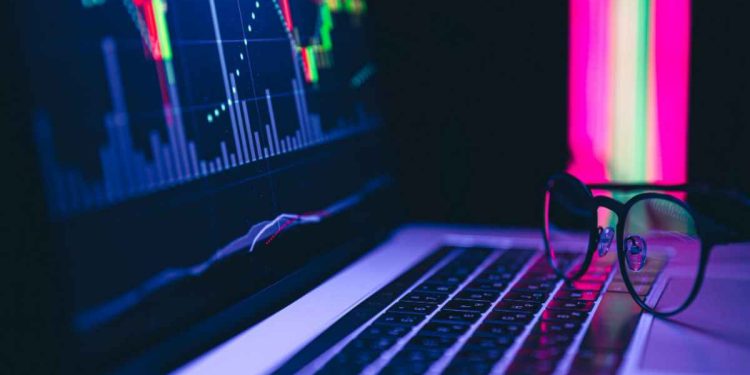Forex trading refers to the buying and selling of foreign currencies. Traders can make money by speculating on whether a currency’s value will rise or fall about another currency. Futures trading is similar in many ways, but it involves buying and selling contracts for specific amounts of a commodity, such as gold or oil.
Forex and futures trading are similar but distinct financial instruments used in the UK. While both involve buying or selling a currency pair at a set price in the future, there are some essential differences between them
For more information on the instruments available for trading, you can visit Saxo Bank.
The Critical Differences between Forex and Futures Trading
One of the critical differences between futures and forex trading is that forex markets involve speculating on exchange rates, whereas futures markets are primarily used for hedging against risk.
Another significant difference between forex and futures trading is that there are no commissions on forex trades, while futures usually incur fees based on a percentage of the contract size. With a standard forex contract, you can control up to $100,000 worth of currency for just a few dollars in trading costs, making it easier to manage risk when minor margins and traders can adjust positions more frequently.
Another difference is that forex involves leverage, meaning that traders can buy more currency than they have in their account, while futures contracts do not allow for leverage. The level of leverage can vary depending on the type of trading platform used, with some platforms offering higher levels of leverage than others. Additionally, forex traders face overnight exposure risk because markets are open 24 hours per day, while futures contracts may close at a specific time each day.
The similarities between Forex and Futures Trading
Despite these differences, there are some crucial similarities between forex and futures trading. Both involve taking positions based on market movements and profiting from those movements, and both can be used for hedging purposes and speculating on price changes. Furthermore, forex and futures traders have many different trading strategies, such as order flow and fundamental and technical analysis.
What are the Risks Associated with Forex and Futures Trading in the UK?
The main risk with forex trading is that currencies can be very volatile, so expect fluctuations in exchange rates. This volatility usually means that traders must have a high level of experience and knowledge about market trends before making investment decisions. Futures trading also involves risk, as prices can quickly move against you if the underlying asset’s value falls or if there are other external factors affecting the market.
So, which one should you Trade, Futures or Forex?
If you are a new trader, it is essential to carefully consider your options and choose the type of trading that is right for you. Ultimately, the decision will depend on your experience level, financial goals, and risk tolerance.
However, forex may be a better option if you are looking for high leverage levels and wish to take advantage of changes in currency prices over short periods. If you are more focused on hedging against risk or taking long-term positions on certain assets, futures contracts may be a better choice. Whatever your strategy, it is crucial to do extensive research and planning before choosing which type of trading to pursue.
Conclusion
Forex and futures trading are viable options for UK traders looking to participate in the financial markets. While traders can use both to speculate on exchange rates or hedge against risk, each has distinct advantages and disadvantages depending on your trading objectives. Forex is an excellent option if you are new to trading and want a simple way to start speculating on price movements.
Alternatively, suppose you already have an established portfolio but need a more flexible solution for hedging purposes, such as short-term volatility exposure management or margin management. In that case, the future may be right for you.
Ultimately, the best way to determine which is right for you is to research the differences and evaluate your trading objectives. Novice traders should use a reliable online broker to start and begin with shorter-term trading positions to gain experience.








